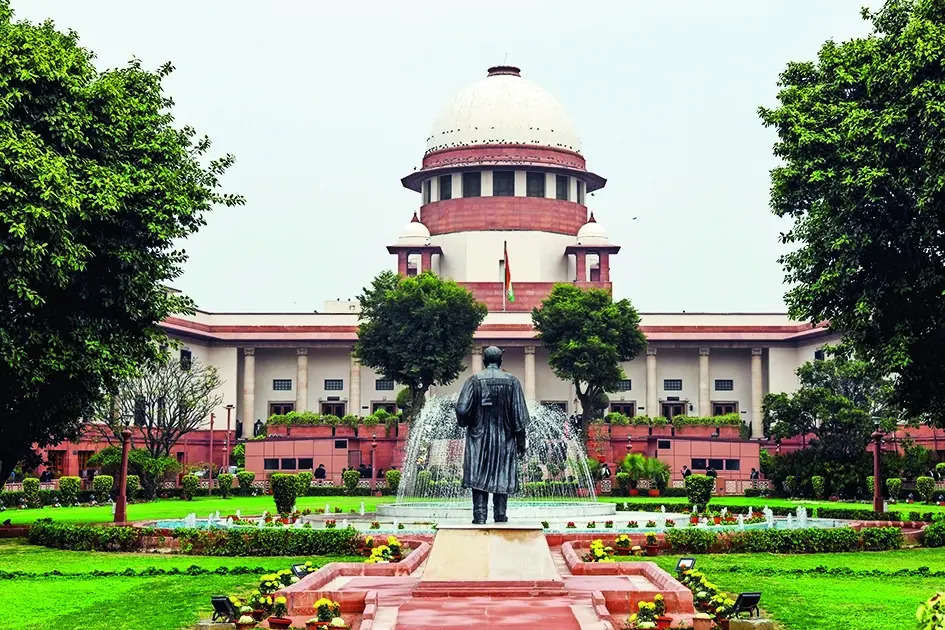
NEW DELHI: Observing that identification of slum dwellers involved a “complicated process” of proof of such a status, Supreme Court on Tuesday ordered review of the functioning of the Maharashtra Slum Areas (Improvement, Clearance and Redevelopment) Act, 1971.
“The executive branch has a constitutional duty to ensure that the purpose and object of a statute is accomplished while implementing it. It has the additional duty to closely monitor the working of a statute…reviewing and assessing the implementation of a statute is an integral part of Rule of Law,” a bench of justices PS Narasimha and Aravind Kumar said Tuesday.
The bench said the judiciary has another role to perform and that is of a facilitator of access to justice and effective functioning of constitutional bodies. “In this role, the judiciary does not review executive and legislative actions, but only nudges and provides impetus to systemic reforms,” it said.
The directions were issued in a judgemnt dismissing an appeal of Yash Developers against a Bombay high court verdict. HC had upheld cancellation of a slum redevelopment project in Borivli granted in favour of the real estate firm in 2003. The project was unduly prolonged for over two decades and the agreement was terminated by Apex Grievance Redressal Committee on Aug 4, 2021.
SC not only dismissed the plea of the firm, but also imposed a cost of Rs 1 lakh payable to Supreme Court Mediation and Conciliation Project Committee.
Justice Narasimha, writing a 43-page judgment, red-flagged the working of the law and concurred with the “exasperation” expressed by HC. Referring to National Judicial Data Grid data, the bench said it showed that 1,612 cases, involving disputes arising under the Act, are pending before HC. “Of these, 135 cases are more than 10 years old. In the last 20 years, 4,488 cases have been filed and disposed of under the said Act.
Latest data from Bombay HC show that about 923 cases on the appellate side and 738 on the original side are pending adjudication. The Act is a beneficial legislation, intended to materialize the constitutional assurance of dignity of the individual by providing basic housing, so integral to human life. However, the propensity and the proclivity of the statute to generate litigation are worrisome,” the bench said.
The bench said HC’s “exasperation” about working of the Act is “understandable”. “The present appeal is a classic example of why HC’s concern is genuine. It has been noticed that the statutory scheme is problematic with respect to identification and declaration of land as a slum. This problem involves an examination of the role of authorities in giving such recognition, insidious intervention of builders in the said process cast doubts on the independence and integrity in the decision-making process,” it said. The SC said the process of identification of slum dwellers involved a “complicated process” of proof of such a status.
The verdict said these problems, arising out of the statutory scheme and policy framework, should have come under review by Maharashtra govt. “Assessment of the working of the statute to realise if its purpose and objective achieved or not is the implied duty of the executive govt. Reviewing and assessing the implementation of a statute is an integral part of rule of law. It is in recognition of this obligation of the executive govt that the constitutional courts have directed govts to carry performance audit of statutes,” it said.